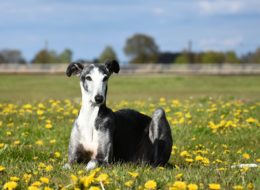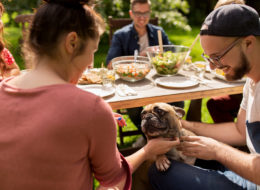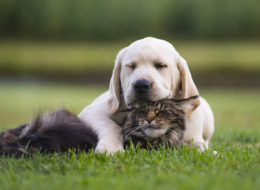The first thing you need to consider is the type of bird you are looking to attract. They come in all sizes and different bird species that require and like different food. So the first step is to talk to friends and neighbours to see if they are feeding birds and which birds they are attracting.
If you would like some advice give our staff a call or drop into one of our two shops.
Birds feed in different places. Some will only feed on the ground. A blackbird is a good example of this. Others feed from a bird table whilst others feed from hanging feeders.
But different birds like different food so you have to put the food for specific birds in the place where they will eat. You will never see a robin on a hanging bird feeder full of peanuts. That is the place where you would see a blue tit.
The tip What do wild birds like to eat lists type of food and place for a range of birds you might see in your garden.
Feeding in Winter and Summer
Although Winter feeding benefits birds most, food shortages can occur at any time of the year. By feeding the birds all year round, you’ll give them a better chance to survive the periods of food shortage whenever they may occur.
In Spring and Summer adult birds are busy trying to raise their chicks. Not only do they need to feed themselves but they need to hunt all day to find food for their young. In the late summer birds start to moult and at that time they need high energy food to build them up for winter.
The sort of food to use is a good quality food mix along with soaked sultanas, raisins, currants, mild grated cheese and mealworms.
You can put out soft apples or pears cut in half or peeled banana, but you must make sure that they are fresh.
You should not put out loose peanuts, dry bread or fat since these can be harmful if the adult bird feeds them to their young.
Looking after Bird Feeders
It is a mistake to assume that wild birds are not picky about clean feeders. A dirty feeder can become clogged and wet or spoiled seed can transmit diseases to other birds.
Birds are creatures of habit and they learn when to expect food so refilling feeders promptly will keep your birds happy and staying with you.
Birds can be forgiving if a feeder is empty for a few days, but a feeder that is consistently empty will not attract many birds. Whilst wild birds will not starve if feeders are empty they do grow to depend on feeders as a food source.
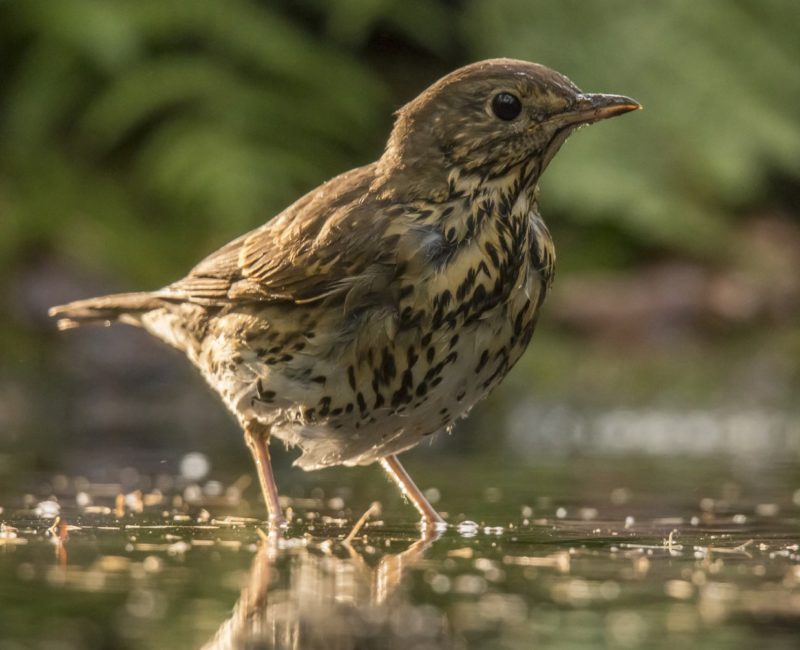
What Wild Birds like to eat
Wolfit staff are very frequently asked which food is suitable for particular birds. There is no single answer but some items are more attractive than others. You would never see a Robin eating from a feeder tube filled with peanuts.
You also have to remember that the food birds need and can have iin the summer when they are feeding their off springs is different to their needs in the winter.
Blackbird
Apples, Raisins, Mealworms Peanuts, Breadcrumbs.
Source: Ground
Blue Tit
Peanuts, Sunflower Hearts, Black Sunflower Seed, Fat Balls
Source: Hanging Feeder
Chaffinch
Seed Mix, Sunflower Hearts
Source: Ground, Bird Table
Goldfinch
Njer Seeds, Sunflower Hearts, Peanuts
Source: Hanging Feeder
Pigeon
Grains, Seed mixes and Bread
Source: Ground
Robin
Mealworms, Sunflower Hearts, Fat Balls
Source: Bird Table
Sparrow
Sunflower Hearts, Seed Mix, Mealworms
Source: Bird Table
Thrush
Mealworms
Source: Ground
Wagtail
Mixed Seeds, Nyjer seed
Source: Bird Table, Hanging, Ground
Woodpecker
Mealworms, Peanuts
Source: Ground, Hanging Feeder
Wren
Mealworms
Source: Ground
Wild Bird Seed Mix
There are different mixes for feeders and for bird tables and ground feeding. The better mixtures contain plenty of flaked maize, sunflower seeds, and a range of smaller seeds such as millet. Blackbirds love flaked maize.
The cheapest bird seed blends are often mostly fillers from a variety of grains which are only suitable for larger birds.
You should avoid seed mixtures that have split peas, beans, dried rice or lentils as only the large birds can eat them dry. They are added to some cheaper seed mixes to bulk them up. Also avoid any mixture containing green or pink lumps which are likely to be broken dog biscuits, which can only be eaten when soaked.
Birds will toss the seed to the ground instead of eating it if they don’t like it.
Wolfit created a high quality mix containing Red Dari, Red Millet, White Millet, Sunflower Heart, Groats, Wheat, Black Sunflower and Cut Maize which would provide for a wide range of birds.
Individual Bird Seeds and Food
Black Sunflower
An excellent all year round food. Rich in protein and high calorific value. No mess food for tits and finches
Sunflower Hearts
Seeds without husks. Rich in oil and energy giving. Liked by all garden birds.
Nyjer Seeds
A small seed of the sunflower family. Attractive to goldfinches and siskins.
Peanuts
High in oil and energy value. If mouldy can contain a natural toxin which is harmful to birds.
Fat Balls
Normally a mix of suet, cracked grains and a mix of seed. High energy for use all year round.
Mealworms
A natural food relished by robins, blue tits and many other birds.
Live mealworms are difficult to find and keep fresh but Wolfit have dried mealworms that have all the goodness of live mealworms without the moisture. Best to soak in warm water for a few minutes before feeding.
Other Bird Food
The foods in this list should be regarded as an addition to a mix of other seeds and grains and not a replacement for them.
Cooked Rice is readily accepted by all species but uncooked rice is only suitable for large birds such as pigeons.
Uncooked Porridge Oats is readily taken but cooked porridge oats is glutinous and should not be given.
Most Breakfast Cereals are acceptable but should be put out dry in small quantities. You should make sure there is a supply of drinking water nearby.
You could use Meaty Tinned Dog or Cat Food in small quantities but be warned it will attract crows,magpies, cats and less desirable four legged animals.
Whilst some moulds are harmless it is better not to use mouldy or stale food.
Fat from cooking is bad for birds since other items such as meat juice from a roast blend with the fat and that can be harmful.
Only use fresh coconut in the shell. Rinse out any residue of coconut milk before hanging up.
Desiccated coconut should never be used.
Never give milk to any bird.
Be careful with dried biscuits since birds may choke on the lumps. Bread can be given but it should be soaked in water and not used when birds are feeding their young.
Processed bread products such as crackers, cookies or doughnuts are junk food for wild birds.
No matter what food you are using always ajust the amount you give to the demand and never allow food to accumulate around the feeder. Once you have established a feeding routine try not to change it since the birds will know when to visit your garden.

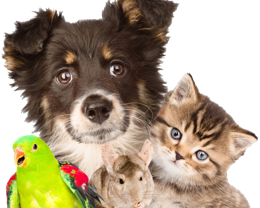
 Click and collect
Click and collect £1.50 for local orders over 15KG or £15
£1.50 for local orders over 15KG or £15  0 items -
0 items - 